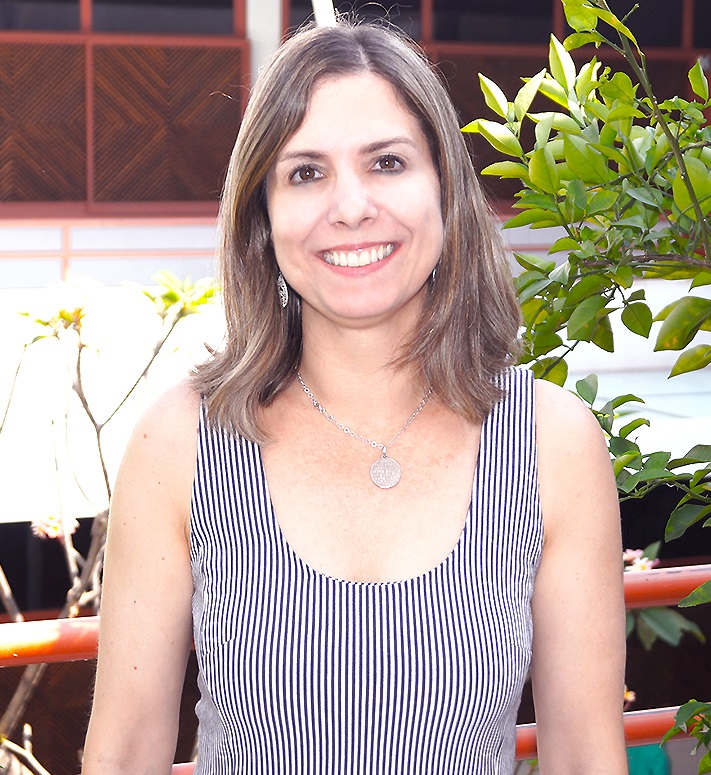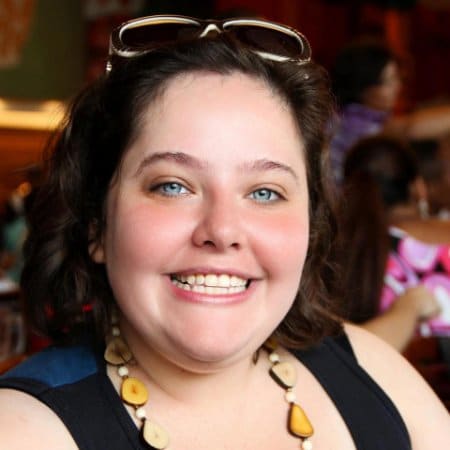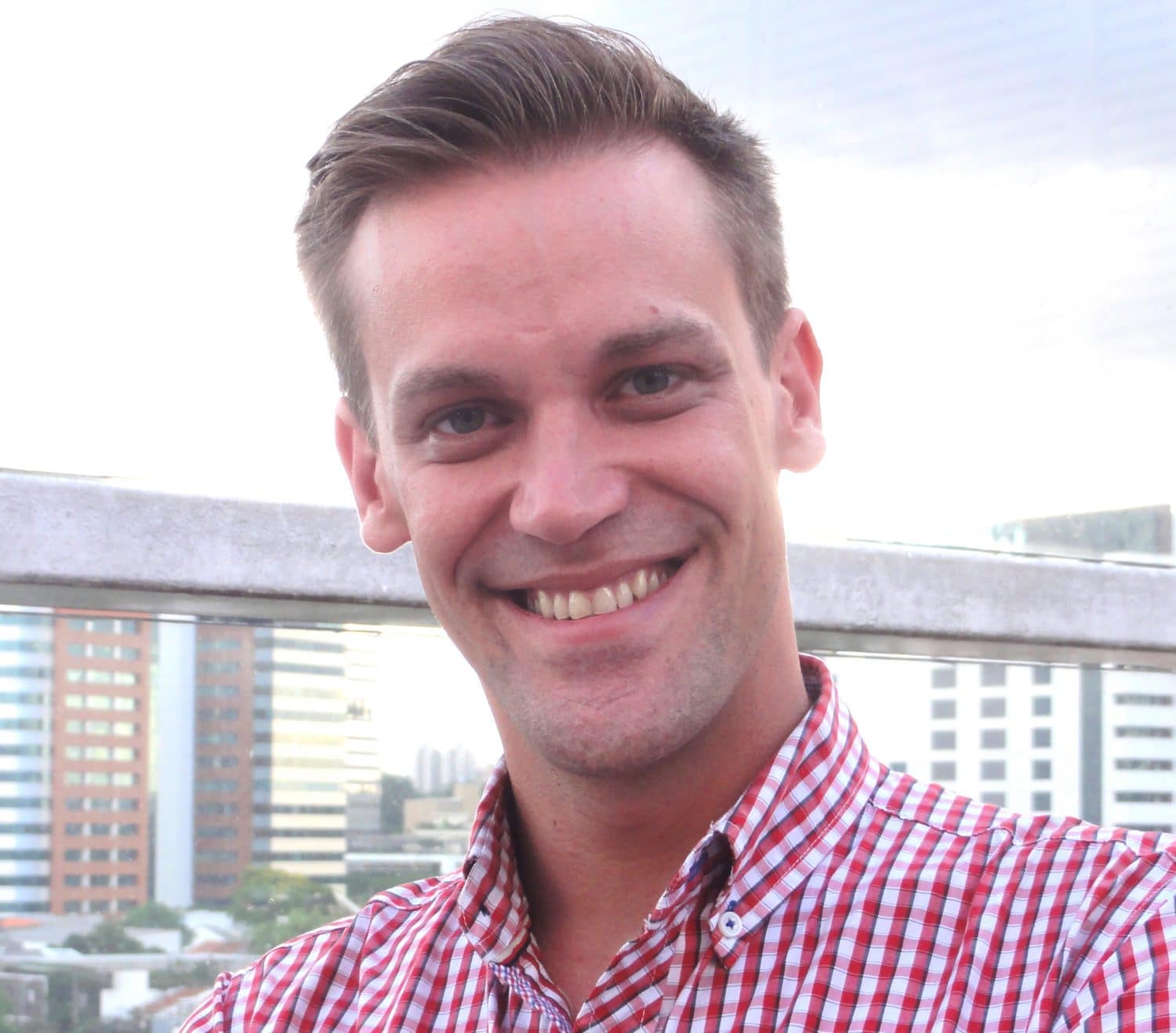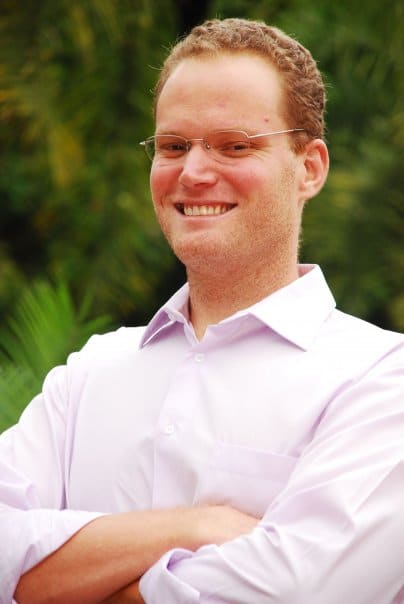I used to think… (Part 2)
Last month I posted half of my public school student-teachers’ reflections on what they used to think when they began their careers as teachers. Now it’s time to know what the other half wrote on this topic. You will see how their beliefs on topics such as methodology, use of textbooks, native-like pronunciation, and students’ and teachers’ roles have changed as they have gained more knowledge, experience, and, most importantly, understanding about teaching.
I used to think the teacher needed to be the focus in the process of learning; however, I changed my mind when I realized that the students are the most important characters in this scene.
You need to understand what is really significant to your students and adapt your material and learning resources. Learner-centered teaching is an approach to teaching that is increasingly being used in my classes. Now, I try to listen to my students and employ more than a single teaching method.
Nowadays, it is possible for me to recognize that I need to be a facilitator of knowledge and the students need to participate in the entire process. They need to take responsibility for their own learning, too.
Vivian André
I used to think that only teachers had the knowledge and students were machines. After all this time teaching, I have realized that teachers and students are at school to learn together based on their reality.
I used to think that extra class activities were not necessary and the book was the most important material in the classroom. Nowadays, I can see how extra class activities are important to students and they learn much more and get involved in the class.
I used to think that tests and exams were the only way to evaluate the students. Now I think that the assessment process is larger and the teacher has to assess the students all the time during the process.
Luciano Pereira
I was born to be a teacher. My birthday is on Teacher’s Day. I like to be a teacher and I have all the patience with my students. I repeat, change the way I speak, I draw, I act. I agree that the willingness to learn English or anything else is different for each person. I used to think all my students should be like me. It´s hard to face a class like the one I sometimes have in the classroom.
I used to think that it wasn’t good to work at SEEDF because I preferred the private schools. I thought the students were better. I changed my mind.
Rochelle Oliveira
Well, to be honest, I never wanted to be a teacher! I think differently now, but it was very hard for me to accept the idea of being a teacher at first. I finished college and passed the exam to work for GDF in the same year, so I had to face my destiny against my own will for a long time, but the funny thing is – when you teach, you also teach yourself, you are transformed along the way. In my case, I see teaching from a different perspective today. I have pleasure in teaching those young people to learn a second language and see in their faces their willingness to learn and become a fluent speaker, to reveal to them a totally different new world. To do this brings joy to my life!
Cecília Santos
When I started teaching English, I used to think that the student not only had to learn whatever I taught but also had to respect me because I was THE teacher. Some years and lots of students later, I realized that we all learn together and whatever I intend to teach, I must make them feel that I care about each one of them, that my aim is not only to make them learn assessing them or “distributing” grades, but also trying to motivate them to do their best as human beings, building a better place to improve their own knowledge.
Valéria Ribeiro
I used to think my students had to know all the verbs and new vocabulary by heart, but now I realize that students can handle only a certain amount of vocabulary each class and understand it by using it. I used to think I needed to know everything in class and I would be very ashamed if I didn’t. Now I’ve come to terms that I don’t know all the words and that I’m not a walking dictionary.
I used to believe the learning process would happen by repetition. Nowadays, I focus more on interaction, reading and creative learning.
Adriana Felix
In the past I used to think that the methodologies I had been using were efficient for second language learners. However, I found out that education must not be seen as a mechanical system, but as a human one. It is an exchange of knowledge in which you teach as much as you learn from the students.
Teachers can do better if they give up a lot of what they used to think, considering that the class should be a big interaction process where teachers and students learn at the same time. Teachers must not be the sage on a stage anymore. Instead, they are supposed to provide the necessary guidance to students and encourage them to research.
I believed that exams at the end of every unit were vital to check students’ learning. However, now I believe that deep learning is much more complex. Instead, teachers can provide a weekly report informing how their students are developing in class.
Silvio Olimpio
I used to think that my students did not have the ability to learn a foreign language. Now my belief is that everybody has the ability to learn a foreign language. After all, my students can communicate in their mother tongue. They just have to learn to step outside of their comfort zone and believe in themselves.
I also used to think that we teachers had to provide our learners with several activities in class because of their lack of confidence in speaking English in the classroom. Now I know they will have to get over their fear of speaking the language. They will have to get over their fear of being ridiculed or of not being perfect (nobody is). As long as they are confident in themselves and in their ability to learn a language and use it to communicate, the rest will follow its natural course.
I leave you with a quote from Eleanor Roosevelt, who once said that “Confidence comes not from always being right but from not fearing to be wrong.”
Thais Lobo
I used to think that achieving “native-like” pronunciation was paramount for me as a student, which also made me work with “pronunciation” in class when I became a teacher. I was totally sure being able to speak effectively had to do with the way I would sound in English; as a result, I used to spend hours and hours listening to, repeating and practicing those articles in the “Speak Up” magazines … Nowadays, I am fully sure that speaking a language effectively is a lifetime experience and the more we devote ourselves to developing our language skills in English or any other language, the more we see that vocabulary, pronunciation, grammar and culture are all intertwined in a language and all of them play a strong role in helping learners achieve that goal.
I also used to think that we teachers had to provide learners with several activities in class, but the more I saw that the more I realized I was giving them the “tasks” from topics listed in their course books which many times were not relevant to them, and that made our classes boring and frustrating. Nowadays, I know I should not “stick” to the book and be more flexible as to have students perform other tasks in class besides what their book is presenting.
Jane Rocha
I used to think my students should have native-like pronunciation and, because of that, we used to spend lots of class time working on intonation, stress and exercises with phonetic symbols. Now I believe that having my students communicate and interact in the classroom is much more important and useful for their learning process.
I used to think my students necessarily needed a textbook to follow and use every single class. Now I understand there are so many other useful resources students can use (apart from textbooks) to enrich and enhance their language learning.
I used to think teachers should work more than students inside and outside the classroom. Now I believe students must be more autonomous and the center of their own learning process.
Aleluia Silva
I used to think I would meet only motivated, clean, and good-looking students in my classroom like the ones I used to have in private language schools. However, when I first entered a public school classroom, I noticed that it was a very different world. At that time, most of the students from CILs did not go there because they wanted to. There was a kind of agreement in which only some pre-determined schools would send all their students to learn languages there, even the ones who had refused it. Consequently, this led to drop outs, indiscipline, disinterest and so on. I got shocked and had to adapt myself to such situation or quit. Fortunately, quitting is never the best option for me. I struggled for some time, trying to find a way to catch my students’ attention and interest, until I realized, through the Public School Teacher Development Program, that each learner has their own needs and that each one has an individualized learning style. After that, I started planning my classes with this in mind and anticipating problems, so that learners could feel more comfortable and motivated. I’m now able to teach no matter where or how the context is. I’m at least aware of what I may encounter in the middle of my professional journey.
Izabel Lima
It’s been a great joy to teach this wonderful group of educators, always eager to develop as professionals so that they can enhance their students’ learning.






